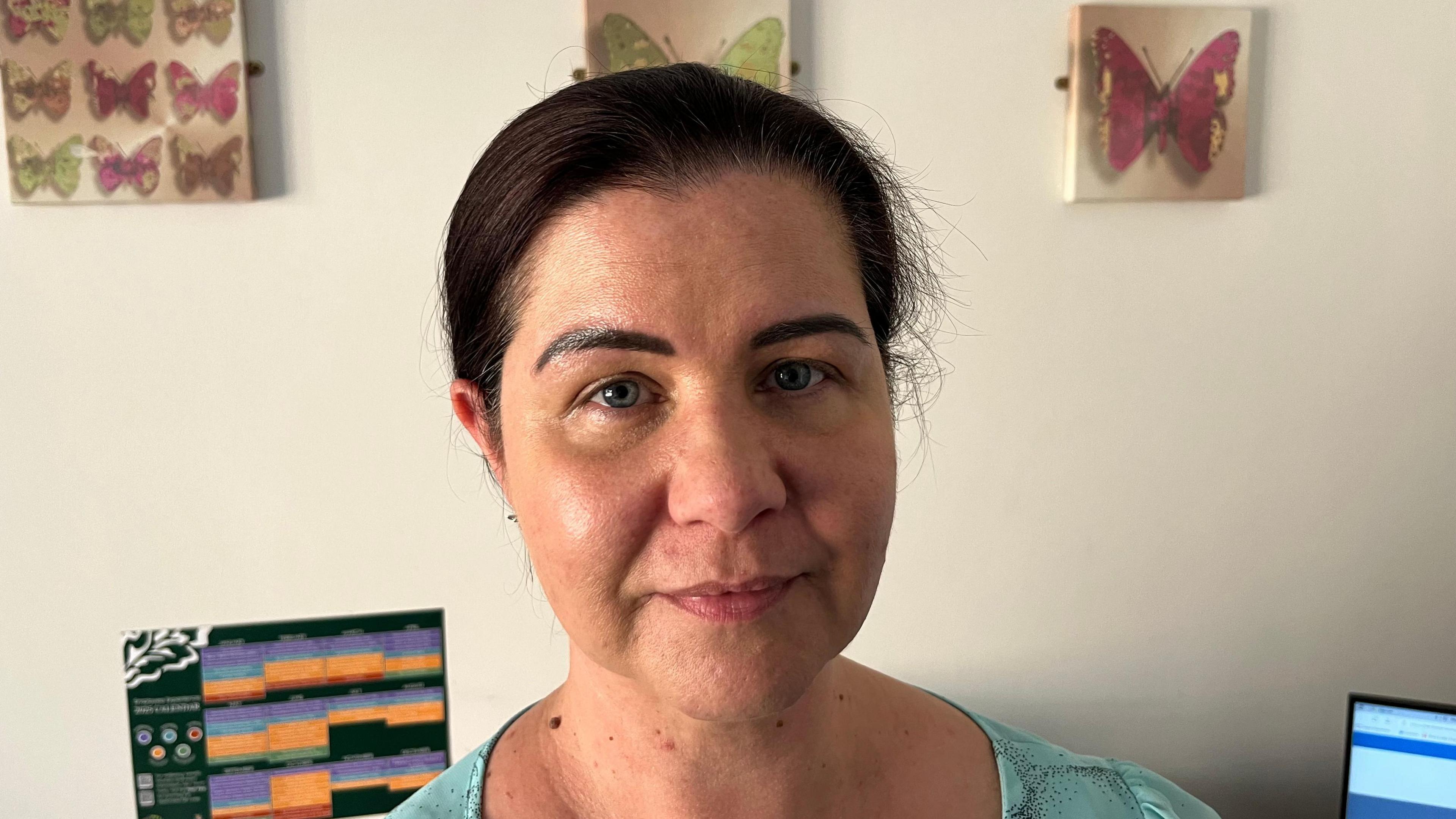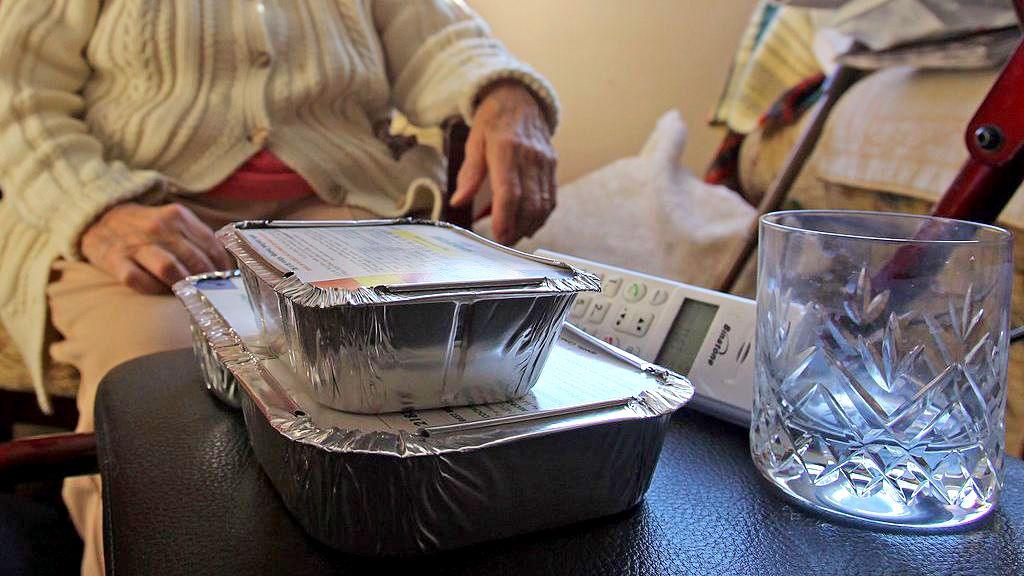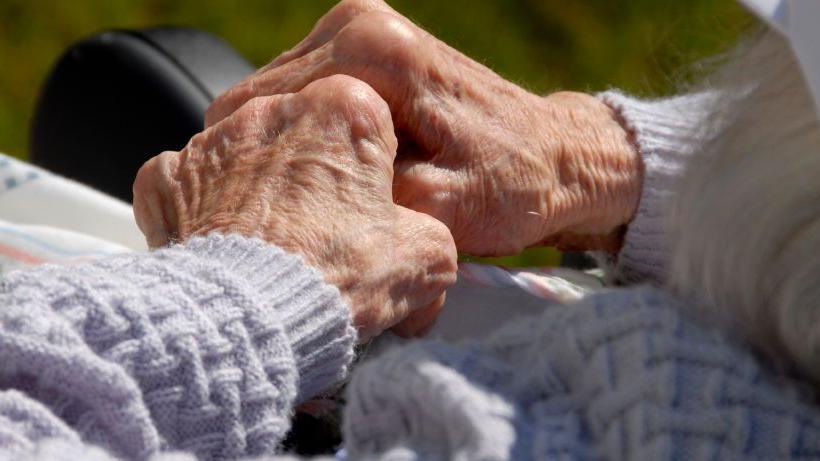Care homes in danger if visa rules change - boss

Meg Jones says she thinks the government proposals are a knee-jerk reaction
- Published
A care home manager said new government proposals designed to cut immigration could be disastrous for the care industry.
For nearly 20 years, Meg Jones has been the manager of the Rose Lodge Care Home in Wisbech, Cambridgeshire, which caters for 58 residents with varying medical needs.
On Monday Prime Minister Sir Keir Starmer unveiled plans to ban the recruitment of care workers from overseas as part of a strategy to reduce net migration "significantly" over the next four years.
Ms Jones said if this happened it would leave a "large black hole" for care homes that depend on overseas workers to operate.
Ms Jones estimated that about 25% of her staff were migrant workers, but she knew that other homes employed more carers and nurses from abroad.
"There is some truth to the thought that British people don't want to work in care, but many British people do want to work in health and social care - just not enough of them.
"It's not a job for everybody, you have to be a certain type of person.
"It is hard work, long hours, it's weekends, it's evenings, but the rewards you get from seeing someone smile at you when you've brightened their day is priceless," she said.

Khaye Rieta was born in the Philippines and wants to work in the care industry for the long term
Khaye Rieta, 22, who works as a carer at Rose Lodge, was born in the Philippines.
"My mum was married to a British guy and I was dependant on their visa, we had to do a lot of tests, it was a long process to gain entry to the UK," she said.
"We are really caring people, I was at college doing a different career and started working here and now I think care is my future, I'd like to train to be a nurse," she added.
Ms Rieta said she loves making a positive difference to people's lives and that she has not gone into the care industry for the money.
"We do care work because we actually do care, you have to have a lot of care courage and you have to be committed to it.
"Dementia patients can be a challenge but if a resident wants something, we try and give it to them," said Ms Rieta.

Ms Jones estimated that about 25% of her staff were migrant workers
Nadra Ahmed, the chair of the National Care Association, said: "The reality is that we can't recruit local people to undertake this critical role, so we have had to choose the more costly route of using the foreign visa scheme, which was put in place to tackle the workforce crisis we faced in the sector post Brexit and Covid.
"Without [the visa scheme] we will have to limit what we can deliver, and in some cases that will mean the services are not viable.
"They will have no options but to close and this will impact of those we support."
A spokesperson for the Department of Health and Social Care said: "This government will reduce reliance on international workers in adult social care and boost the recruitment and retention of homegrown talent.
"We recognise the scale of reform needed to make adult social care attractive as a career.
"That is why we are introducing a new Fair Pay Agreement and implementing the first universal career structure, giving care workers better pay, conditions, and new opportunities."
Get in touch
Do you have a story suggestion for Cambridgeshire?
Follow Cambridgeshire news on BBC Sounds, Facebook, external, Instagram, external and X, external.
Related topics
- Published12 May

- Published22 April

- Published17 April
